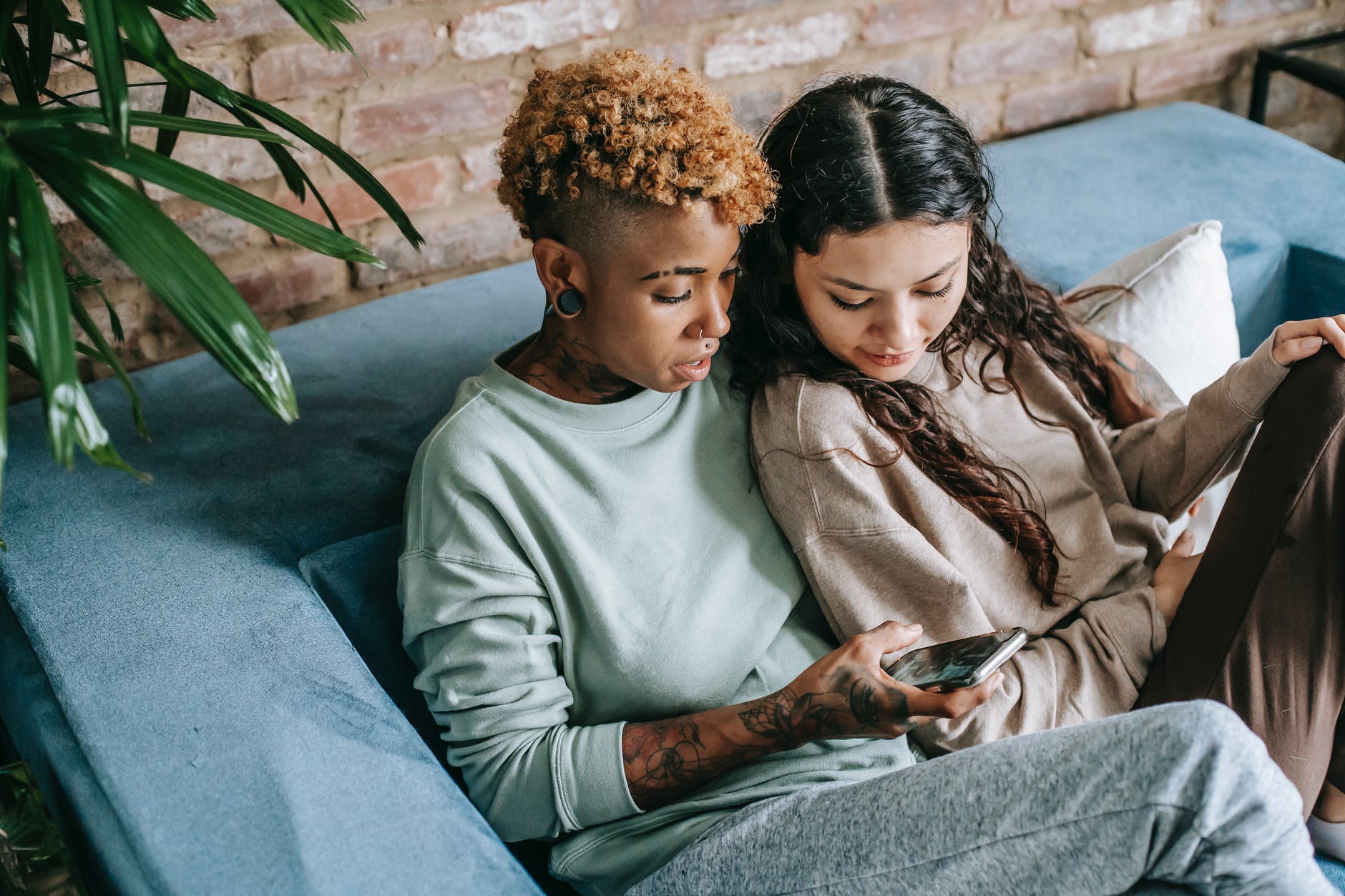Your cart is currently empty!

There is a Difference Between Love and Possession
The worst part of any relationship is most definitely the breakup. The baffling thing about breakups is that it is probably necessary if it is being contemplated and actioned upon. It’s a necessary evil for two people who have taken the time to try to sync, but it just didn’t work. The evil gets worse when the breakup is one-sided. That’s the case with most relationships. One person takes the initiative to end the relationship while the other suffers heartbreak.
The word “love” has been diluted for quite some time. True love is hard to define, but it’s still very easy to realize when it’s not love. Friends who investigate a relationship from an outside perspective can tell whether it is built on love, jealousy, or fear. This is what I’ll call possession.
The distinction between the two doesn’t usually happen until later in the relationship. When I begin, I’m in an extended honeymoon phase. I mean, once I’m no longer afraid of farting in front of them, it is the day I figure out if it’s true love. Spending wonderful years with this person feels like heaven—something I never want to end. The only problem is that nothing is permanent.
There comes a point where I may start being paranoid and noticing every person who checks my significant other out. It may become hard to believe my significant other will never leave my side. It turns from simple jealousy (which is normal) to something that causes much of my anxiety. What if this feeling turned into fights where I yelled at them about my problems with jealousy? I blame them for things that only appear in my head while they have no clue what I’m talking about. In every interaction, I play the victim. At some point, this relationship is going to end.
An Alternate Ending
This is what usually happens when I choose possession over love. If I want the opposite of this conclusion, I implore you to embody these characteristics. Love is selfless, supportive, and encouraging. It also needs the acknowledgment of the other, knowing that things don’t last forever. I should rather be attached to the idea of love rather than the person I am in love with at the time. That’s going to cause me to treat them like something I own. That, my friend, is slavery.
Questions and Responses
Love is selfless, supportive, and encouraging, while possession is rooted in control and fear. Feeling overly anxious, jealous, or clingy may indicate possessiveness. Love, on the other hand, allows room for trust, growth, and individuality.
Yes, occasional jealousy can be normal in a relationship. However, it becomes unhealthy when it leads to constant suspicion, arguments, or attempts to control your partner. Healthy communication and trust are key to addressing these feelings.
Possessiveness often stems from insecurity, fear of losing someone, or a lack of trust. It may also result from unresolved personal issues or past experiences of betrayal. Recognizing these patterns can help break the cycle.
Yes, excessive possessiveness can lead to toxic behaviors, erode trust, and cause emotional strain. Over time, it may push partners apart rather than bring them closer, often leading to the end of the relationship.
Healthy love involves trust, open communication, and respect for each other’s individuality. Focus on being supportive, sharing growth experiences, and valuing your partner’s independence while creating a strong emotional connection.
Recognizing possessiveness is the first step to change. Work on building self-confidence, practicing mindfulness, and openly communicating with your partner. Consider seeking therapy or counseling for deeper insights and support.
Not necessarily. Breakups can be a healthy way to let go of toxic or unfulfilling relationships. While painful, they often pave the way for personal growth and better future connections.
Yes, love can exist without unhealthy attachment. True love is about giving without expecting in return, appreciating your partner for who they are, and encouraging their growth—even if it means letting go.
Healing from a one-sided breakup takes time. Focus on self-care, lean on supportive friends or family, and engage in activities that bring joy and fulfillment. Reflect on the lessons learned and strive to move forward with optimism.
The foundation of a healthy relationship is built on communication, trust, mutual respect, and understanding boundaries. Regularly check in with your partner, address issues early, and ensure you feel valued and heard.
